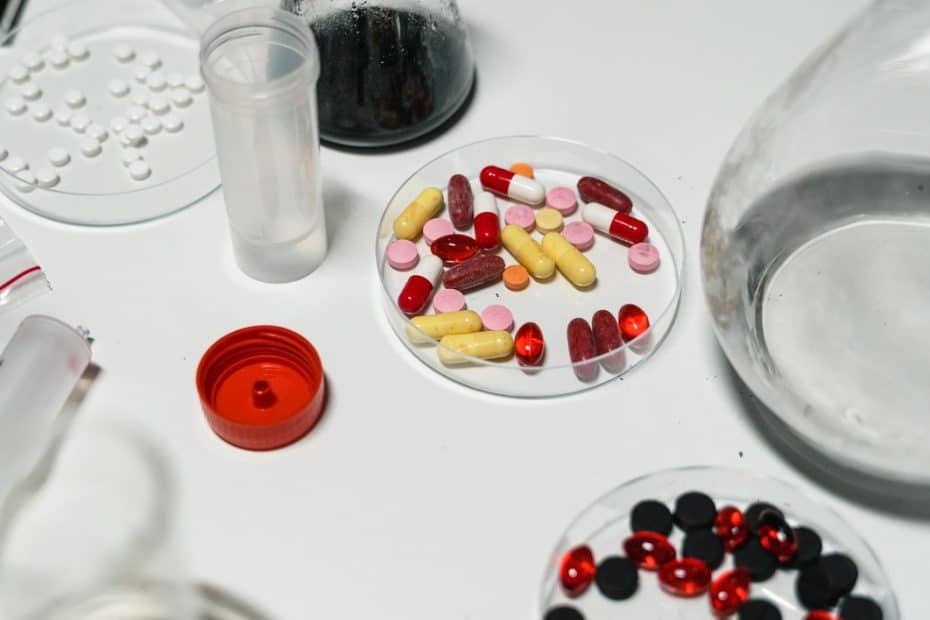Relapse is a common and unfortunate reality for many individuals struggling with addiction to drugs and alcohol. It can be a difficult and disheartening experience, leaving one feeling defeated and hopeless. However, it’s important to understand that relapse is a part of the process for many seeking recovery. According to a study published in the Journal of the American Medical Association, approximately 40 to 60% of individuals with addiction will experience a relapse at some point in their journey towards recovery. In fact, although not desirable, it can help pinpoint issues that need further work to address.
Addiction is a chronic relapsing condition, meaning that it’s not a one-time event that can be cured, but rather a long-term struggle that requires ongoing effort and support. Relapse is often a natural part of this journey and should not be seen as a failure, but rather as an opportunity to learn and grow. A study conducted by the National Institute on Drug Abuse found that addiction is a complex brain disease that affects both the brain and behaviour, and that relapse is a common and expected part of the process.
The road to recovery is not a straight path and there will be ups and downs along the way. It’s important to remember that recovery is a journey, not a destination, and relapses can happen even to the strongest and most determined individuals. The important thing is to pick yourself up, dust yourself off, and try again.
It’s important to address the root causes of the relapse and make changes to prevent it from happening again in the future. This may include seeking additional treatment or support, adjusting your recovery plan, or addressing any underlying mental health issues. A study published in the Journal of Substance Abuse Treatment found that addressing underlying mental health issues, such as depression or anxiety, can significantly reduce the risk of relapse. It may be a process worked through with your counsellor or it may require a residential stay to steady the recovery foundations and shore up any weak spots.

It can be helpful to reach out to a support network, such as friends, family, or a therapist, to process the relapse and develop a plan for moving forward. Joining a support group, such as Alcoholics Anonymous or Narcotics Anonymous, can also provide a sense of community and encouragement as you work towards recovery.
It’s important to give yourself grace and not beat yourself up over the relapse. It’s a common experience and one that can be overcome with the right support and resources. It’s also important to remember that recovery is a lifelong process and setbacks are a normal part of the journey.

It’s also important to seek professional help if necessary. Addiction treatment programs can provide a structured and supportive environment for individuals to work through their addiction and develop the skills and strategies needed for long-term recovery. According to a study conducted by the Substance Abuse and Mental Health Services Administration, individuals who participate in addiction treatment programs are more likely to achieve and maintain long-term recovery.
So, to anyone who has recently relapsed, remember that it’s okay, and that you’re not alone. Keep fighting and know that there is hope for a brighter future.
Sources:
Journal of the American Medical Association: “Relapse Prevention for Addiction: What It Is and How to Do It”
National Institute on Drug Abuse: “Relapse to Drug Use”
Journal of Substance Abuse Treatment: “Relapse Prevention for Substance Use Disorders”
Substance Abuse and Mental Health Services Administration: “The Benefits of Substance Abuse Treatment: A Review of the Research”



